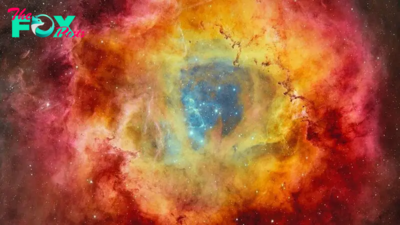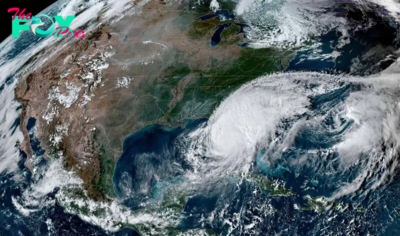Science
What should you do with your used solar eclipse glasses?
Are you wondering what to do with your eclipse glasses now that the April 8 total solar eclipse has come and gone?
The nonprofit group Astronomers Without Borders (AWB) has partnered with libraries, schools, museums, Businesses and other organizations across the U.S. and Canada to collect and recycle gently used eclipse-viewing glasses. The glasses will be sent to underserved communities and schools around the world to use during future solar eclipses, according to a statement from the organization.
"This one-of-a-kind program helps to bring eclipse glasses to people who may not otherwise have a safe way to view the eclipse directly," AWB officials said in the statement. "AWB is committed to continue sending glasses to those who need them for outreach and educational programs around the world."
Related: Here are the best photos of the April 8 total solar eclipse over North America
On Monday (April 8), a total solar eclipse passed over Mexico, 15 U.S. states and Canada. A solar eclipse occurs when the moon passes between Earth and the sun, casting a shadow on our planet's surface. For those in the path of totality, the moon appears almost exactly the same size as the sun, so it blocks the entire solar disk for a few minutes. However, solar eclipse glasses are needed to safely view the sun during the partial phases of an eclipse.
Millions of solar eclipse glasses were used by viewers across North America, and now AWB wants to prevent them from unnecessarily ending up in landfills. Every pair of glasses donated will be inspected by trained volunteers to make sure they meet safety certifications and are not damaged or counterfeit, according to the statement.
One of AWB’s donation partners is Warby Parker, a prescription glasses retailer, which will use over 240 retail locations across the U.S. to collect used eclipse glasses through April 30. Other donation locations include Vessel Refillery FW in Indiana, Keep Toledo/Lucas County Beautiful and Twinsburg Public Library in Ohio, and Montshire Museum of Science and Chittenden Solid Waste District in Vermont. The latest list of AWB collection partners can be found online.
-

 Science4d ago
Science4d agoInside Capitol Hill’s Latest UFO Hearings
-
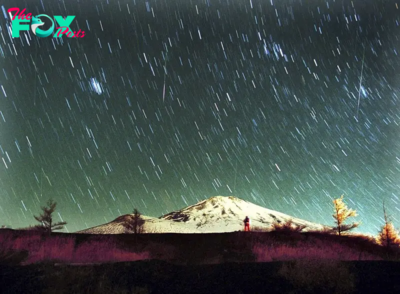
 Science4d ago
Science4d agoYou Won’t Want to Miss the Leonid Meteor Shower. Here’s How and When You Can See It
-
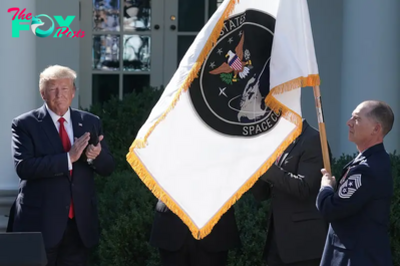
 Science5d ago
Science5d agoHere’s What Trump’s Win Means for NASA
-
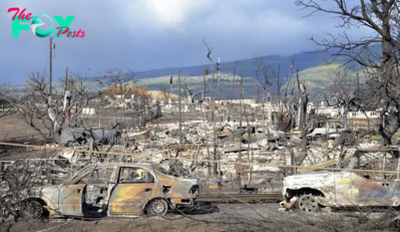
 Science1w ago
Science1w agoWhy Risky Wildfire Zones Have Been Increasing Around the World
-
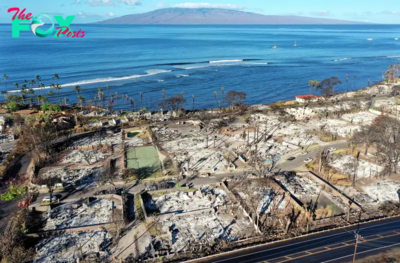
 Science1w ago
Science1w agoIt’s Time to Redefine What a Megafire Is in the Climate Change Era
-
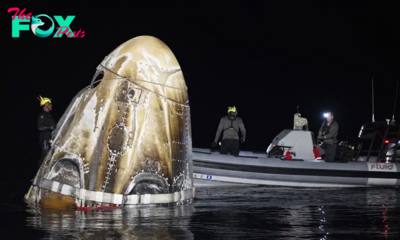
 Science1w ago
Science1w ago4 Astronauts Return to Earth After Being Delayed by Boeing’s Capsule Trouble and Hurricane Milton
-
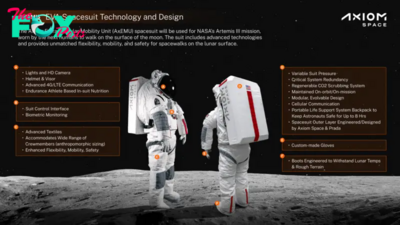
 Science1w ago
Science1w agoThe Elegance and Awkwardness of NASA’s New Moon Suit, Designed by Axiom and Prada
-
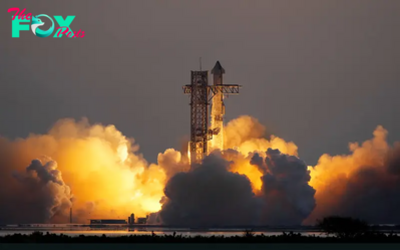
 Science2w ago
Science2w agoSpaceX Launches Its Mega Starship Rocket. This Time, Mechanical Arms Catch It at Landing
